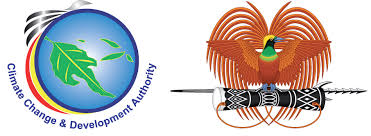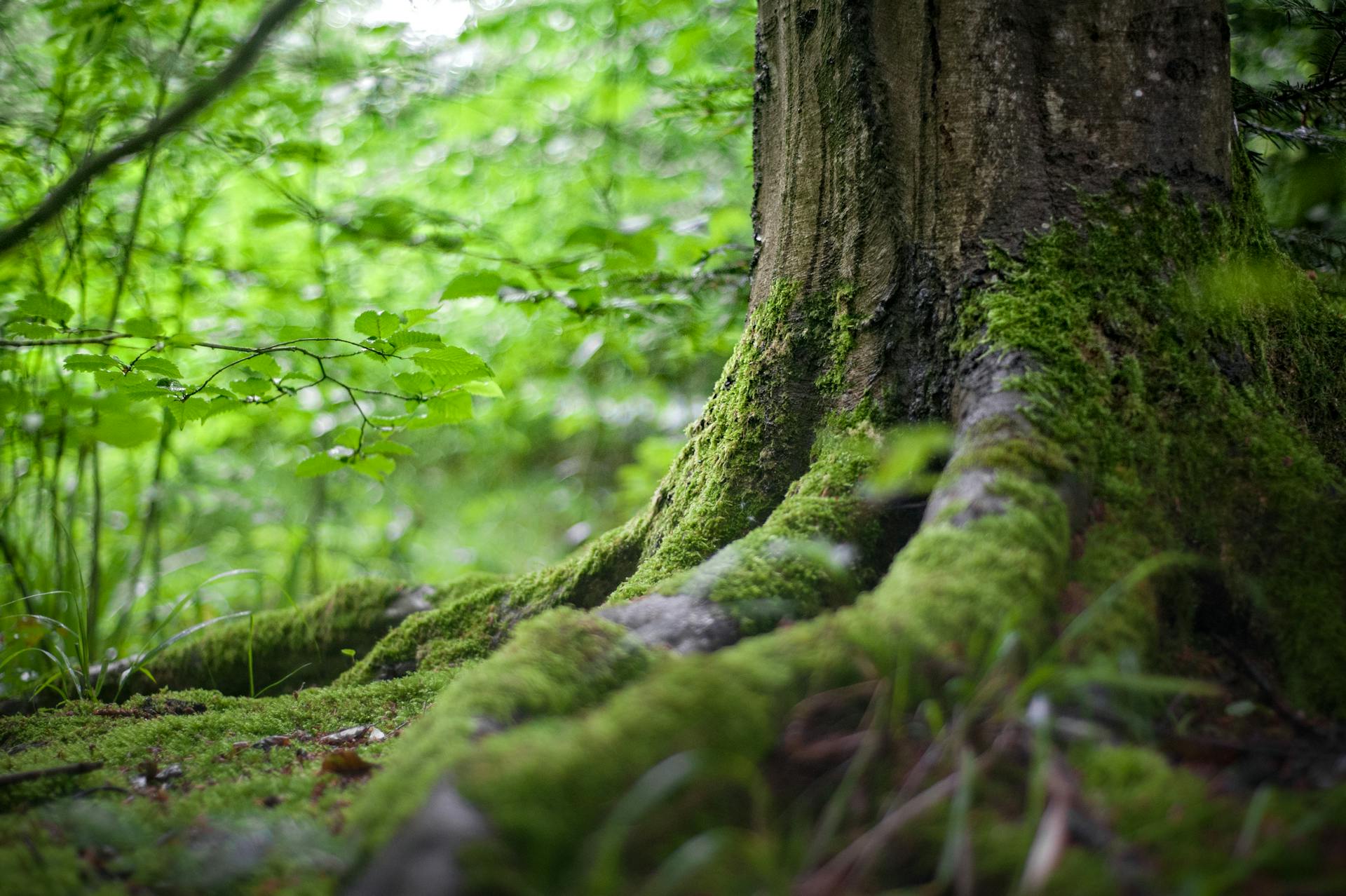Our Projects
Green Initiatives
Supporting climate change mitigation and adaptation efforts in PNG FAQs What is the Green Fee? The G...
Read MoreBuilding Resilience to Climate Change
Building Resilience to Climate Change (BRCC) is implementing Papua New Guinea’s (PNG) Strategic Pr...
Read MoreREDD+
REDD+: “REDD” stands for Reducing Emissions from Deforestation, Forest Degradation and the “+�...
Read MoreNational Adaptation Plan
Papua New Guinea’s first National Adaptation Plan (NAP) 2022-2030 is designed as a strategic frame...
Read MoreNationally Determined Contribution
The Paris Agreement under the United Nations Framework Convention on Climate Change (UNFCCC) is the ...
Read MoreEU-GIZ ACSE Programme
The objective of the project is to support the development andresilience to climate change effects o...
Read MoreUNREDD Programme
The Programme made a start with redrafting the existing National Guidelines on Free, Prior and Infor...
Read MorePNG Forest Carbon Partnership Facility (FCPF) REDD+ Readiness Phase 2
This REDD+ Readiness Phase 2 Project was a precondition for Papua New Guinea to move to the next pha...
Read MoreUSAID Climate Ready Project
Following the landmark COP21 in December 2015, the Conference attendees agreed to providesubstantial...
Read MoreAdaptation Fund Project
In Papua New Guinea’s North Coast and Islands regions, coastal flooding is the most important clim...
Read MoreProjects
CCDA Climate Action Projects: Advancing Resilience and Sustainable Development
At PNG CCDA, our projects are at the heart of our mission to tackle climate change and promote sustainable development. We are committed to designing and implementing initiatives that make a real difference in the lives of communities, protect our ecosystems, and drive positive environmental change across Papua New Guinea.
- All
- Climate Change Adaptation
- Ecosystem Restoration and Conservation
- Research, Data, and Innovation
- Sustainable Development Initiatives

Climate Change Adaptation
Nationally Determined Contribution
Driving transformative climate action and sustainable development across Papua New Guinea.

Sustainable Development Initiatives
National Adaptation Plan
Driving transformative climate action and sustainable development across Papua New Guinea.

Research, Data, and Innovation
Building Resilience to Climate Change
Driving transformative climate action and sustainable development across Papua New Guinea.

